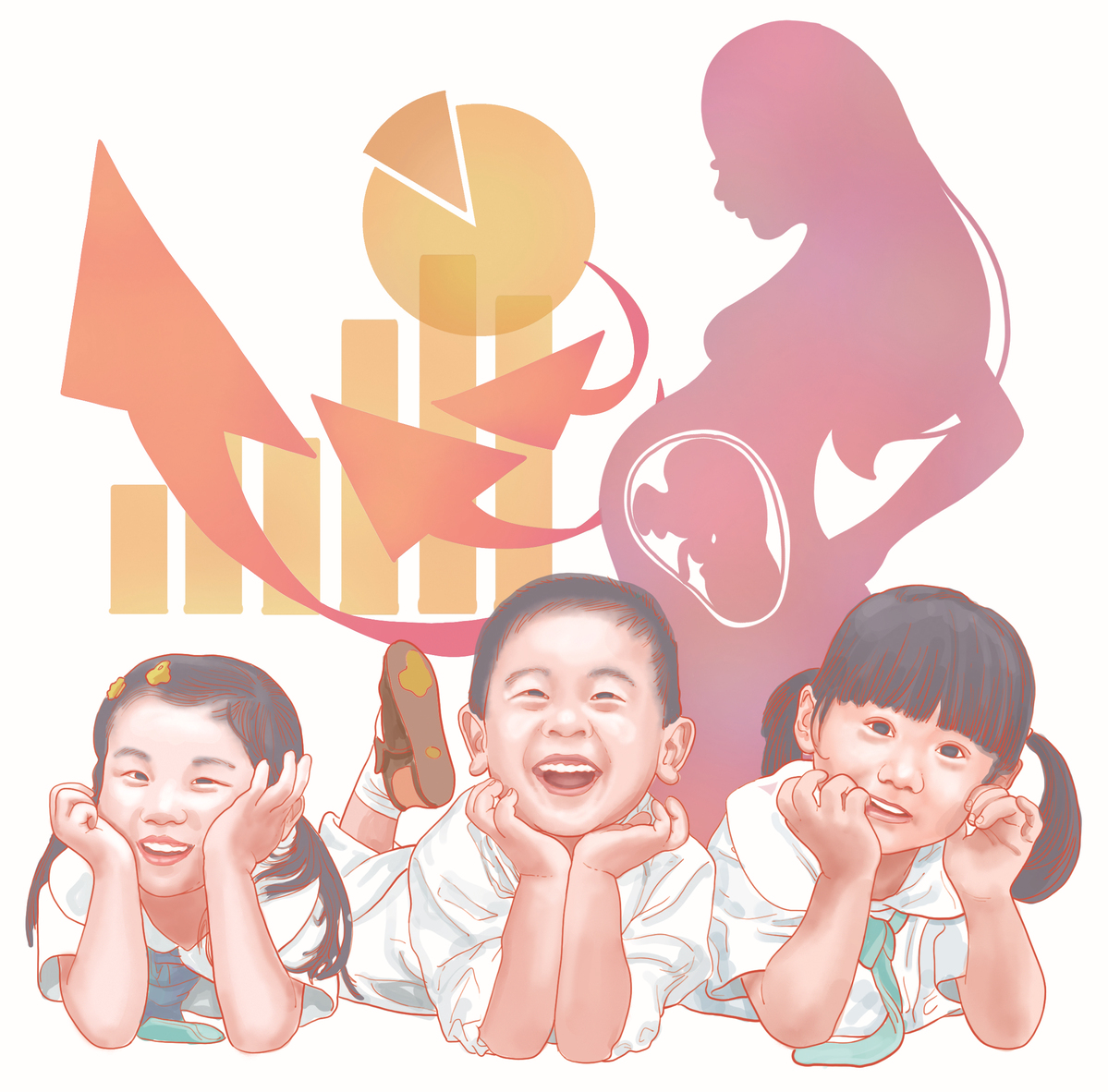China aims for long-term, balanced population development


China on Tuesday announced concrete details of its plans for optimizing its birth policy and promoting the long-term, balanced development of its population, giving material support to couples who have more babies.
Tuesday's news follows a major policy shift announced on May 31, via a meeting of the Political Bureau of the Communist Party of China (CPC) Central Committee, where the limit on the number of children per couple was raised from two to three.
China has placed the issue of population high on its agenda. In 2013, the country allowed couples to have a second child if either parent was an only child, and in 2015 couples were allowed to have two children, phasing out the one-child policy.
The efficient adjustment of policies speaks to China's ability to actively respond to changes over time, as well as the expectations of society, making major decisions in a timely manner during this critical period of demographic transition.
Following the policy shifts in recent years, second-child births have accounted for about 50 percent of all newborns, compared to around 30 percent in 2013. According to the latest census data published in May, the proportion of children under the age of 14 in the total population of China rose from 16.6 percent in 2010 to 17.95 percent in 2020.
However, in order to improve the age structure of the population, increase the supply of a new labor force, ease intergenerational contradictions, and invigorate Chinese society, the three-child policy is needed, together with the incentives for couples to have three children, as detailed on Tuesday.
The changes will see China expanding universal childcare services, slashing the cost of birth, childcare and education, and protecting women's rights in employment. China will also decouple births from household registration, school enrollment and employment.
Fertility generally falls to a lower level as countries become more developed. With China's improvements in urbanization, industrialization and modernization, people are inclined to have fewer children and give them better parenting and education.
Decision-makers in Beijing have clearly understood the citizens' concerns and have responded in a consistent and comprehensive manner. From now on, the focus will be on implementing the policies, which will have important implications for the world's most populous country and the wider world.


































